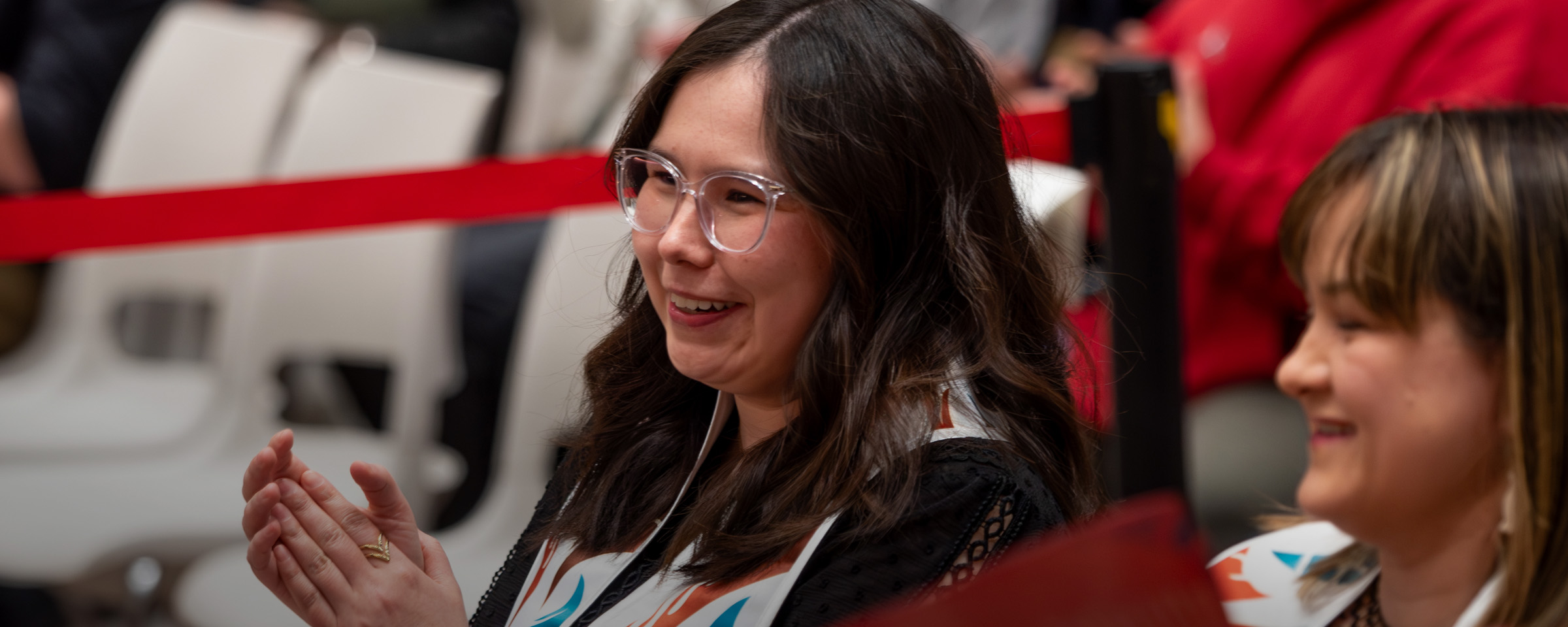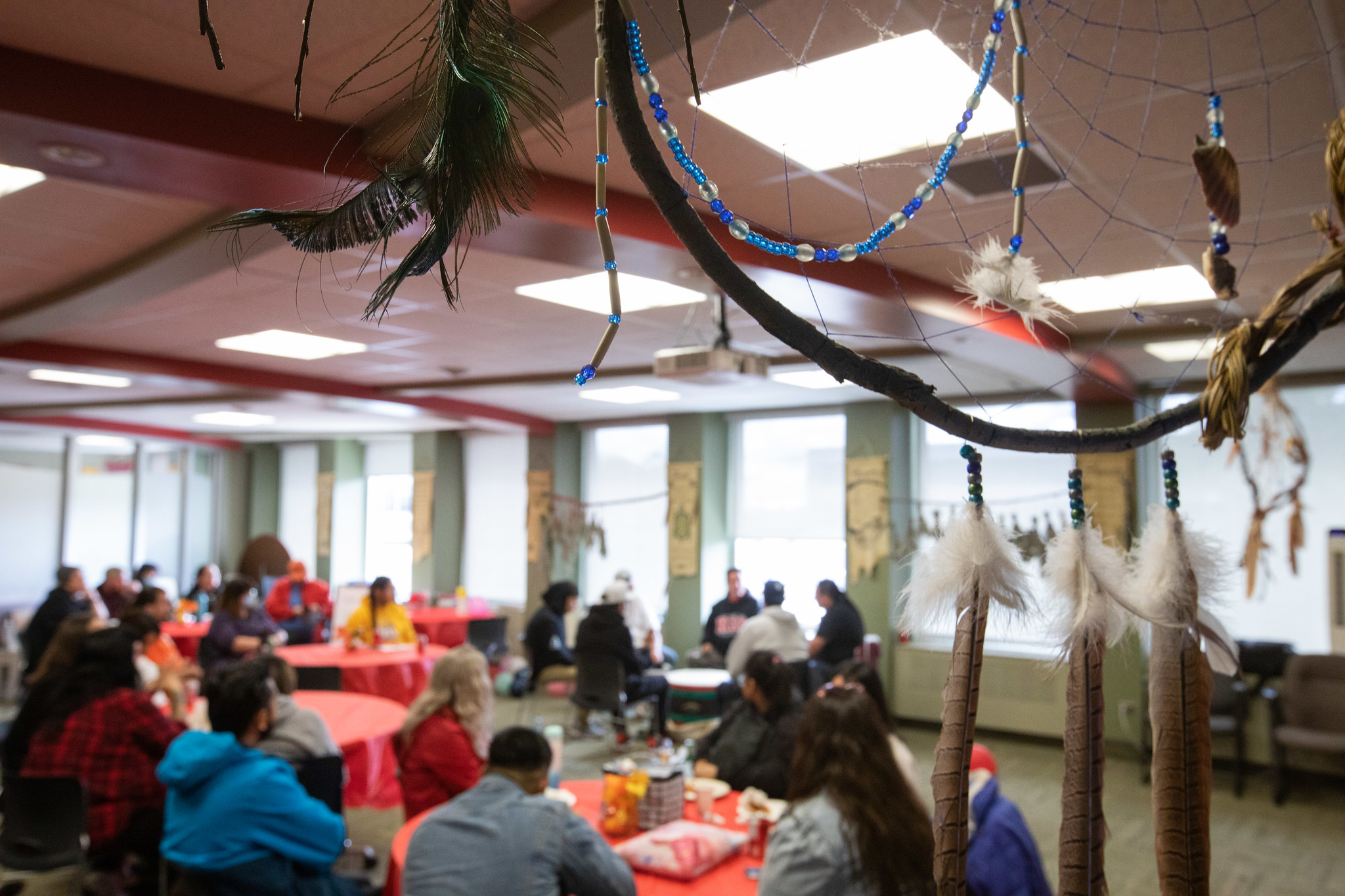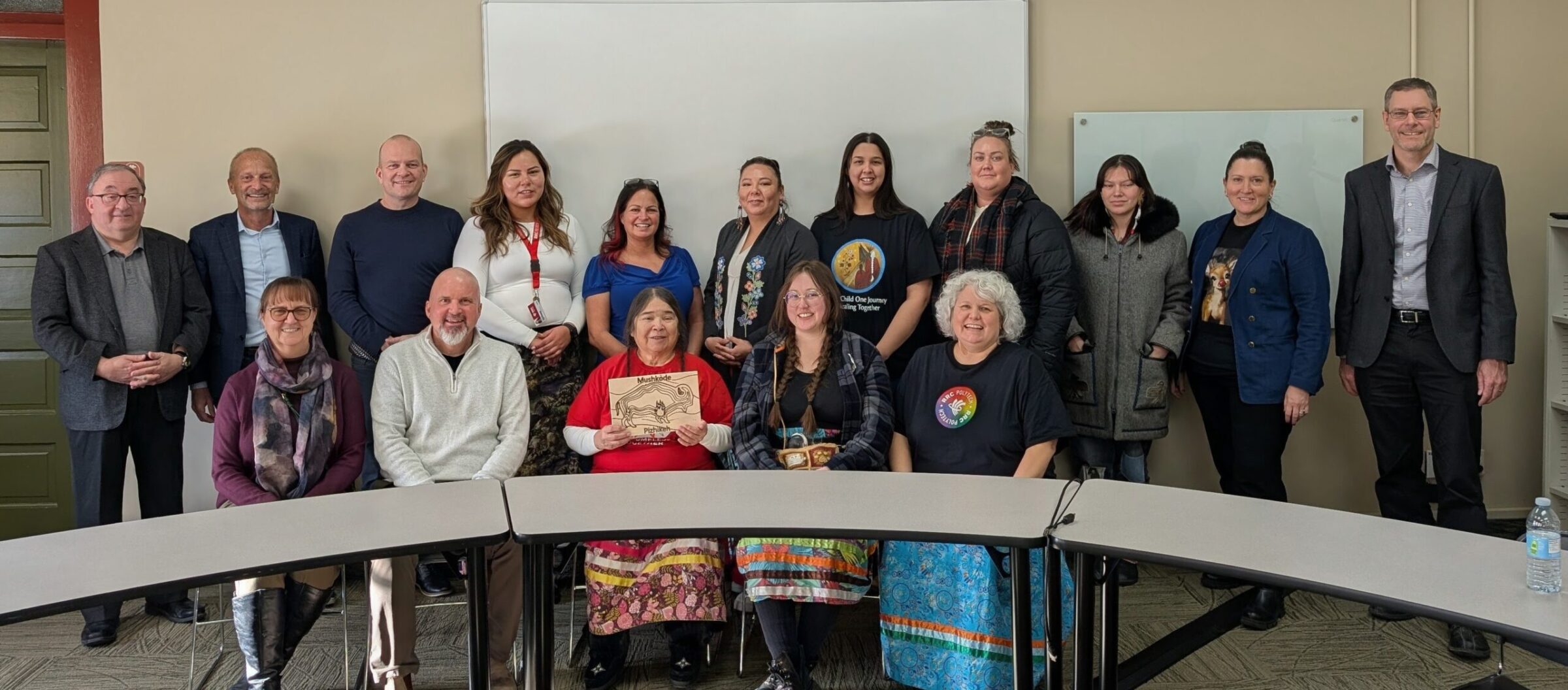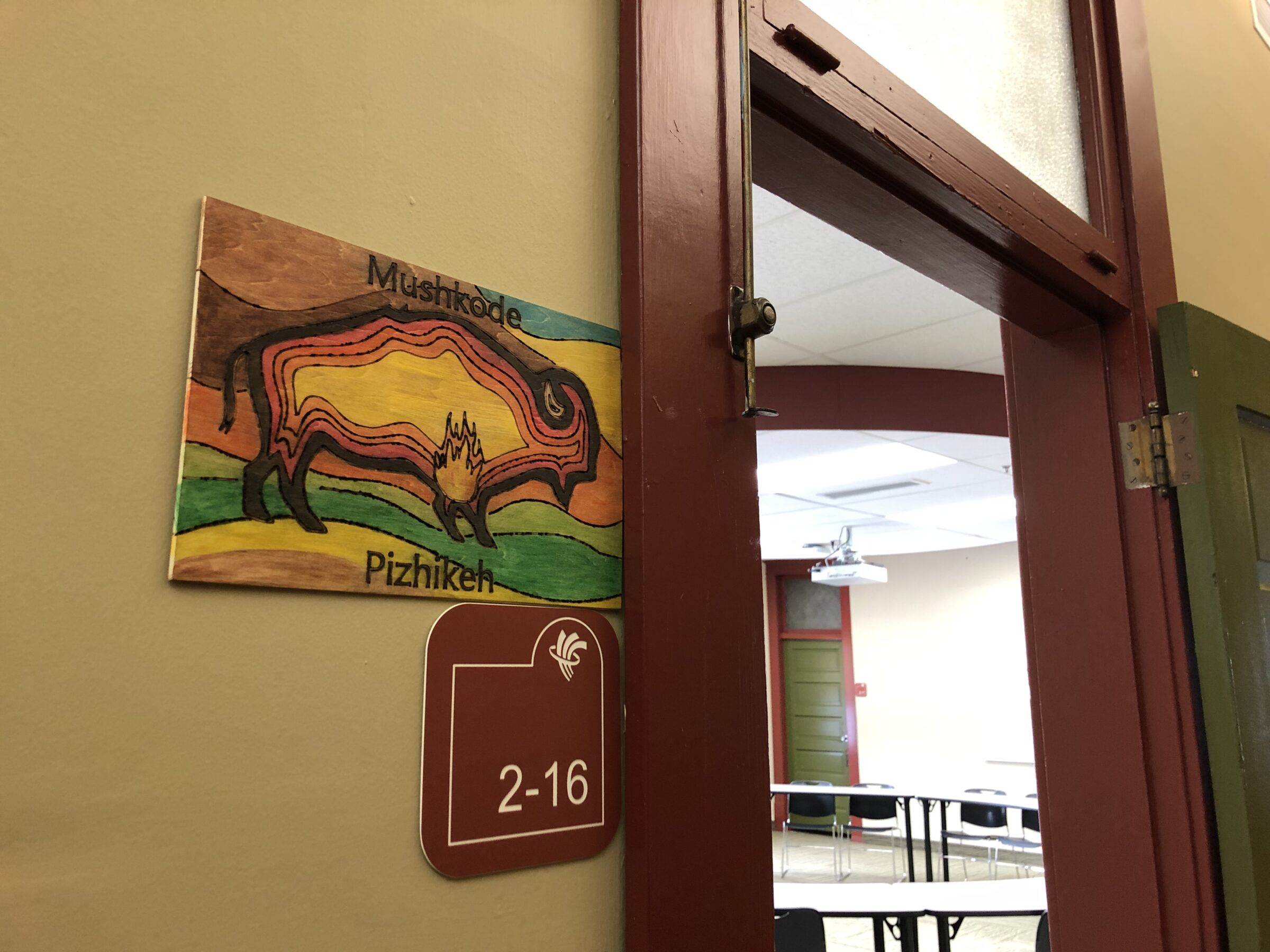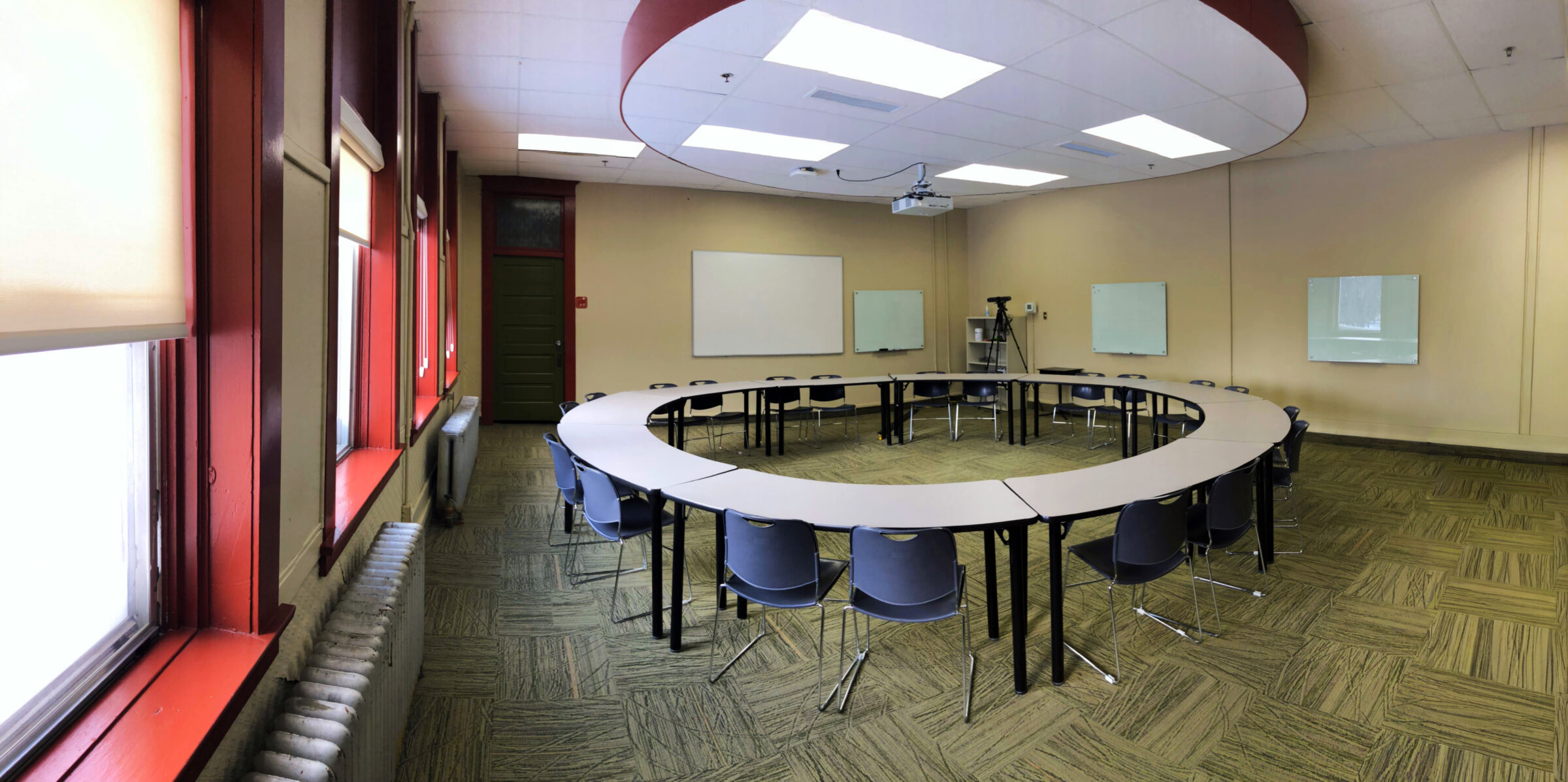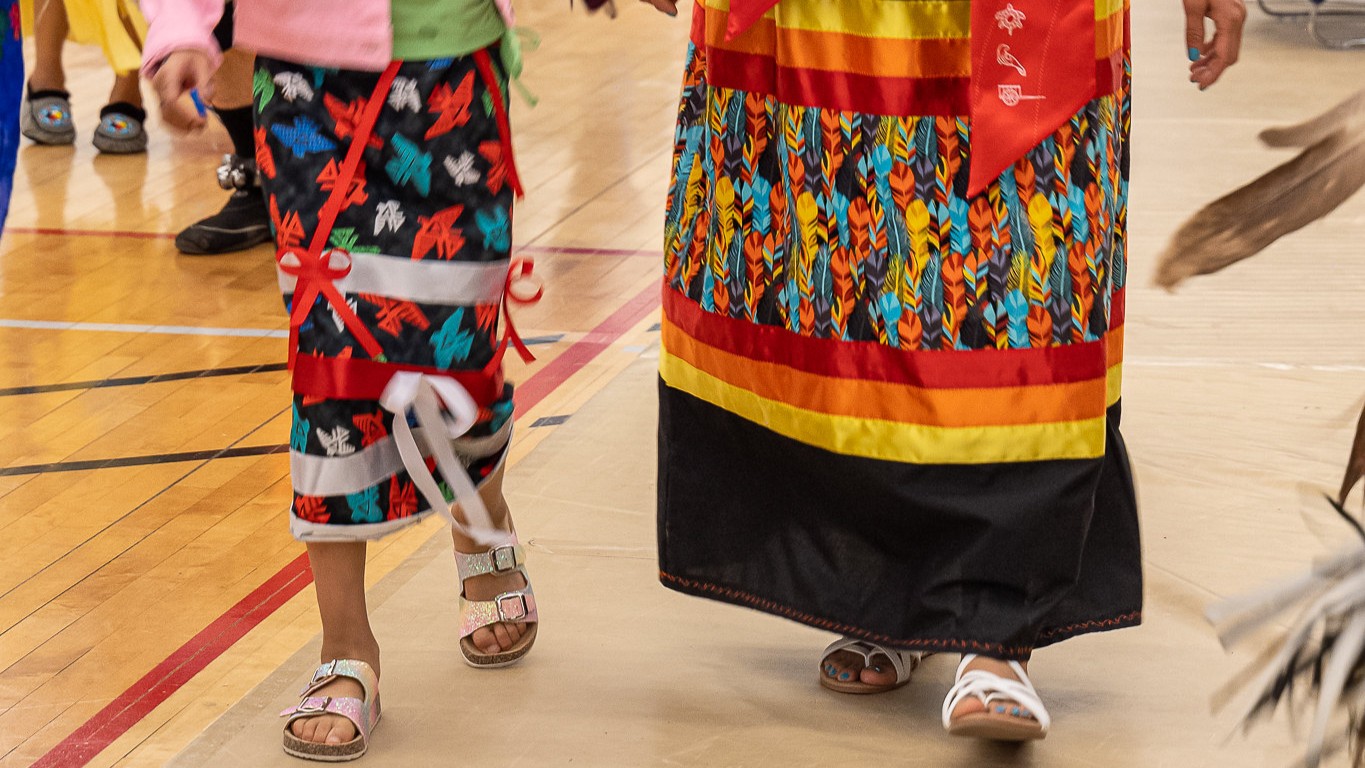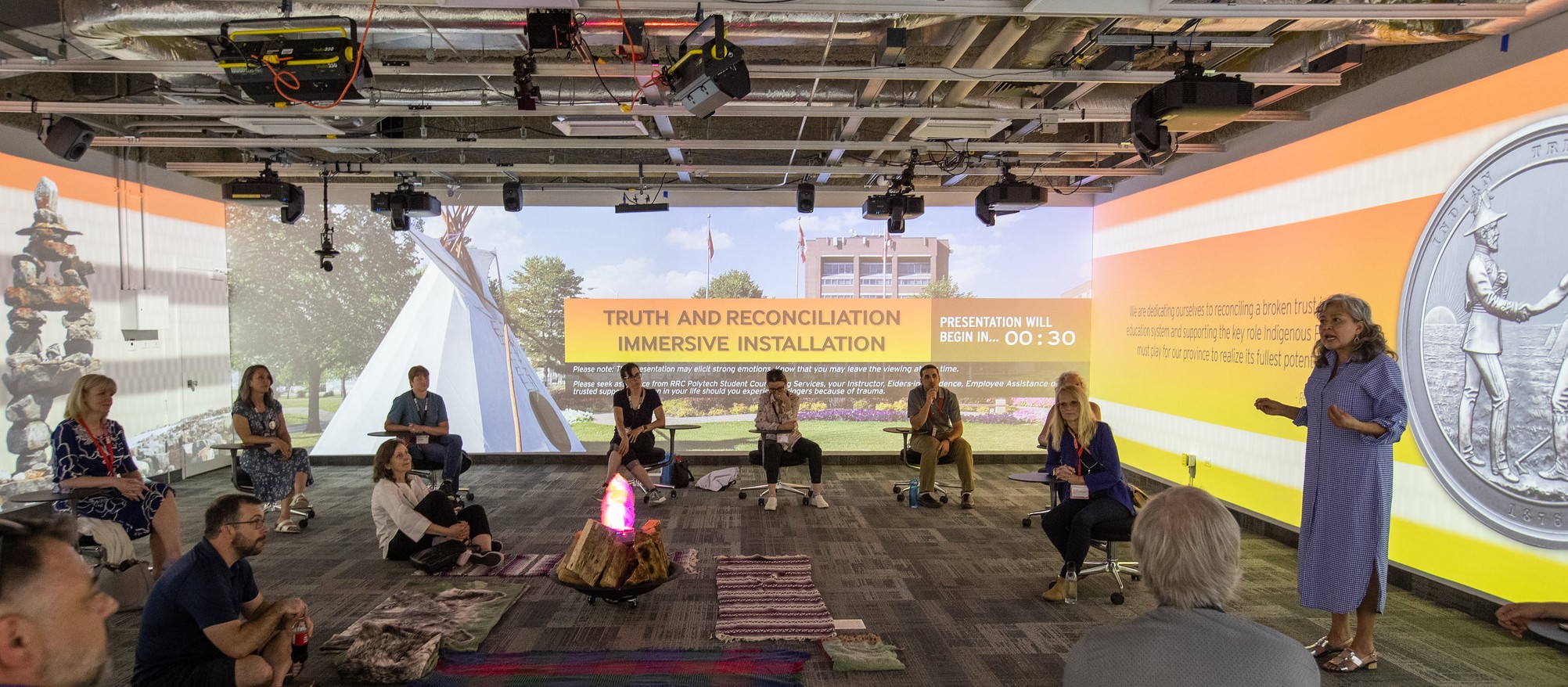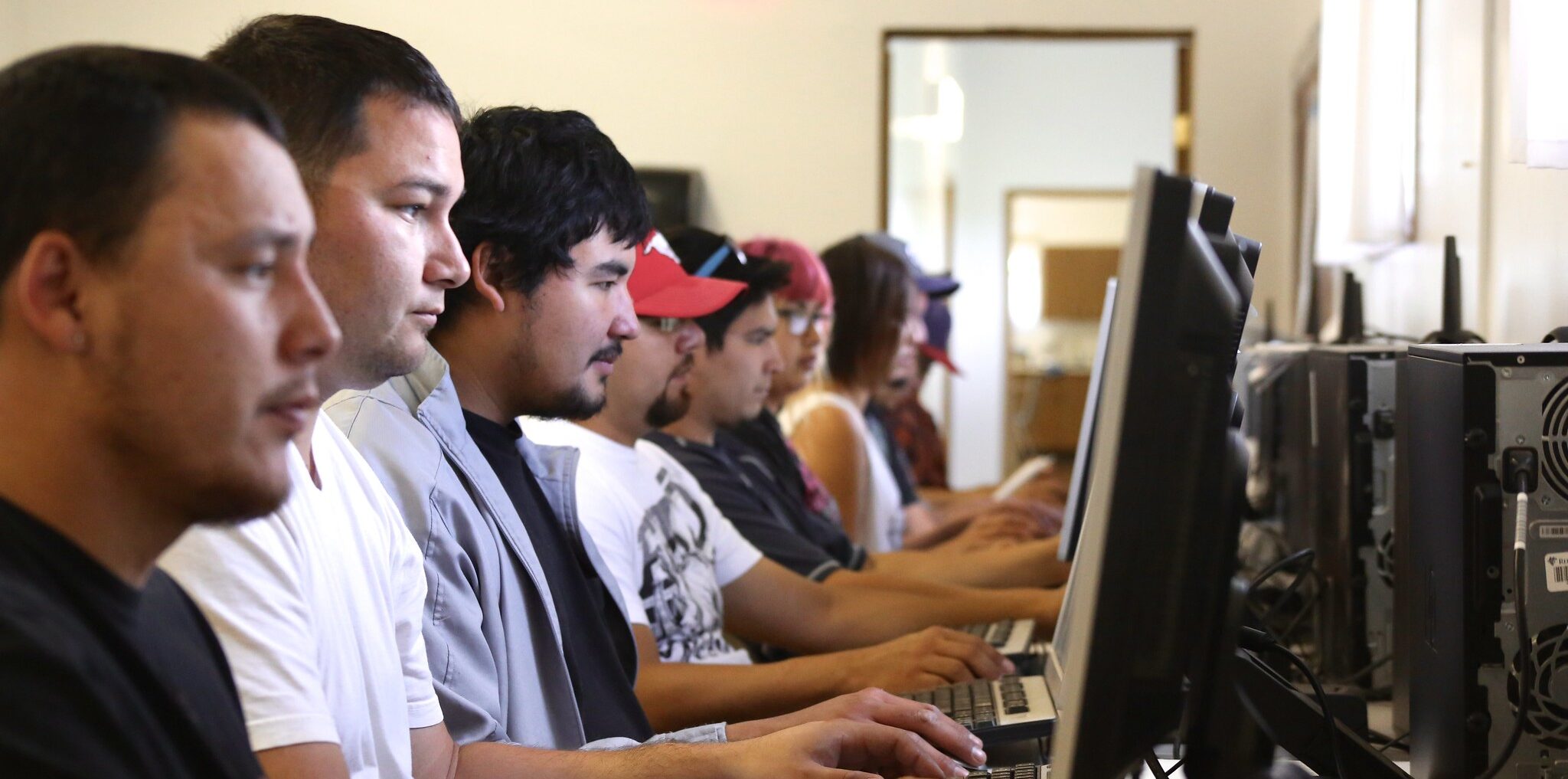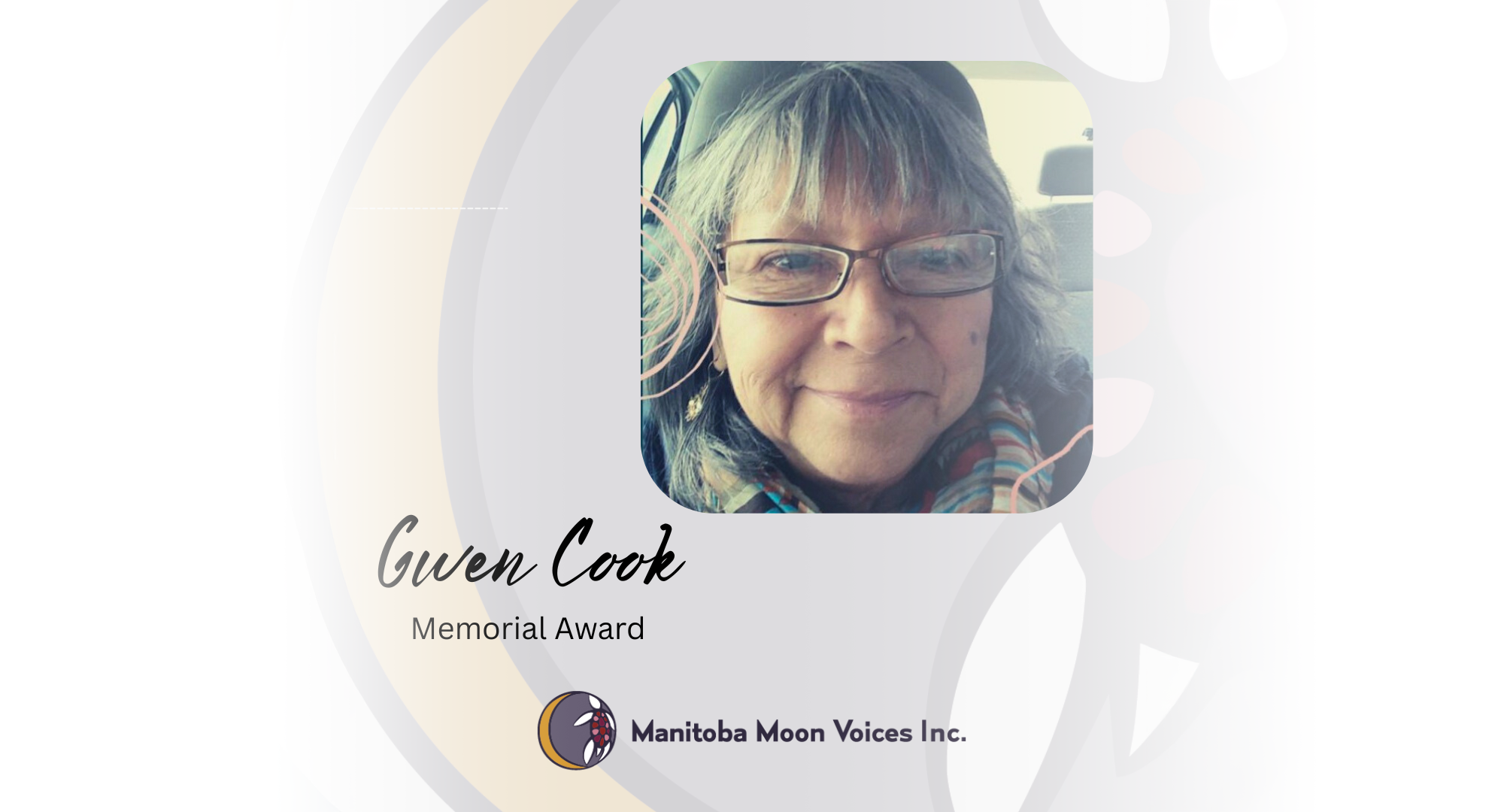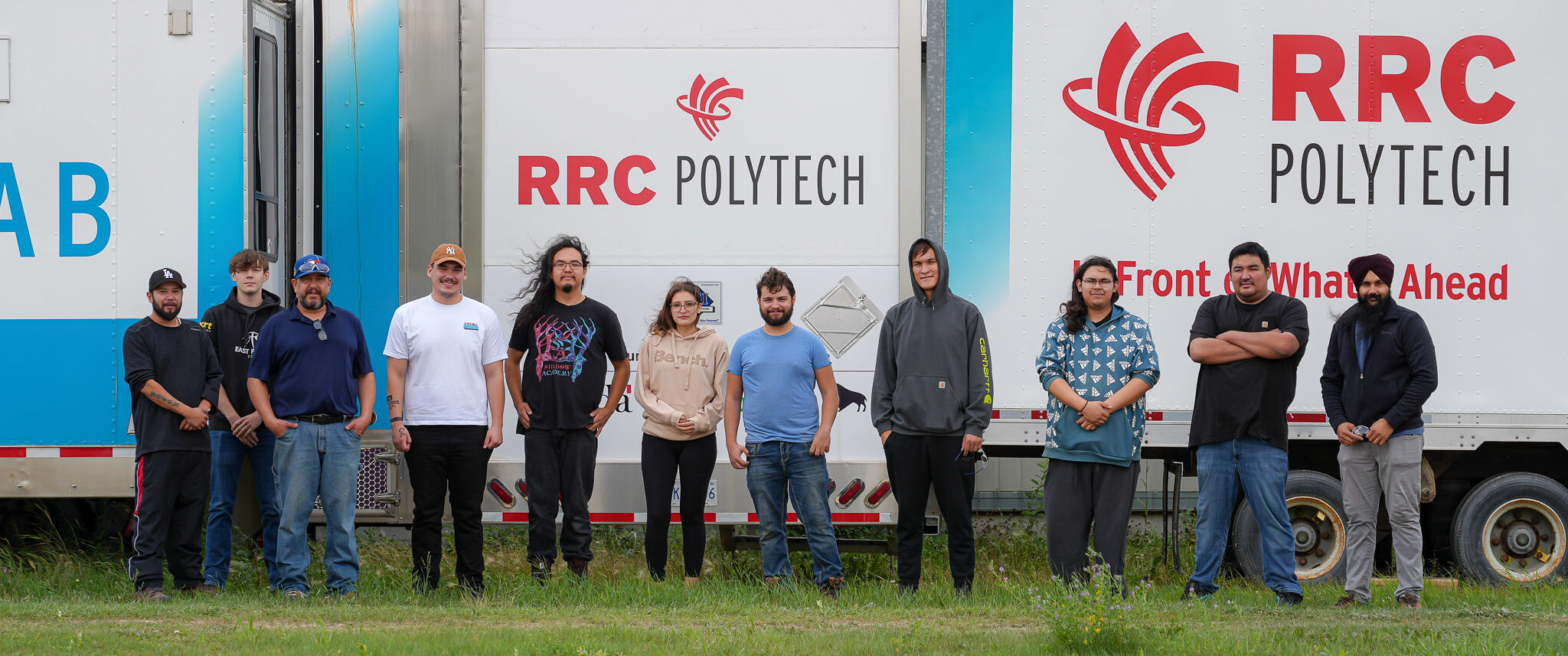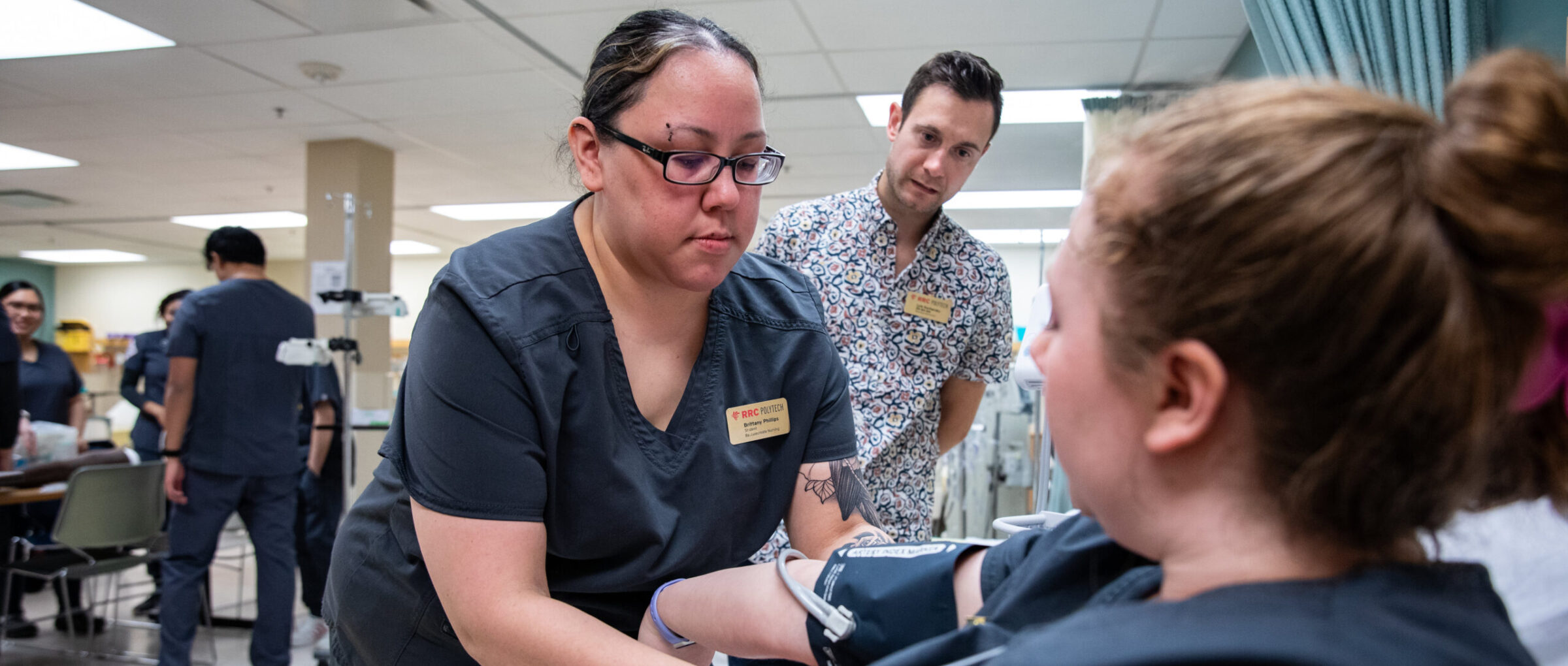Mínwastánikéwin Truth and Reconciliation Award: Deadline Extended
If you have previously applied but did not include the one-page essay, please know that your application is not complete but don’t despair there is still time as the extension date has been extended to February 27, 2026. Please send your essay submission, your full name and student number to financialaid@rrc.ca and they will add it to your earlier submission.
Mínwastánikéwin is a Cree word that means ‘to set it right.’
The Mínwastánikéwin Truth and Reconciliation Award was made possible through collaboration between Truth and Reconciliation and Community Engagement, College and Public Relations and the Campus Store. The award is funded by the generous support of RRC Polytech students, staff and faculty through campaigns at the RRC Polytech Campus Store that bring awareness to Truth and Reconciliation and Indigenous-led initiatives such as Orange Shirt Day and Missing and Murdered Indigenous Women, Girls, and Two Spirit People Honouring and Awareness Day.
This award is for Indigenous full-time students. Recipients will be selected based on an essay response on what Truth and Reconciliation means to them. To be eligible, applicants are required to submit a General RRC Polytech Application, proof of Indigenous heritage, and a one-page essay submission. Completed application forms should be submitted by email to financialaid@rrc.ca.
Extended Deadline: February 27, 2026
If you have any questions, please attend one of two information sessions being held at both the Notre Dame Campus and the Exchange District Campus:
- NDC Indigenous Support Centre (F209) – February 23, 12:00 pm to 1:00 pm
- EDC Indigenous Support Centre (P407) – February 24, 12:00 pm to 1:00 pm
